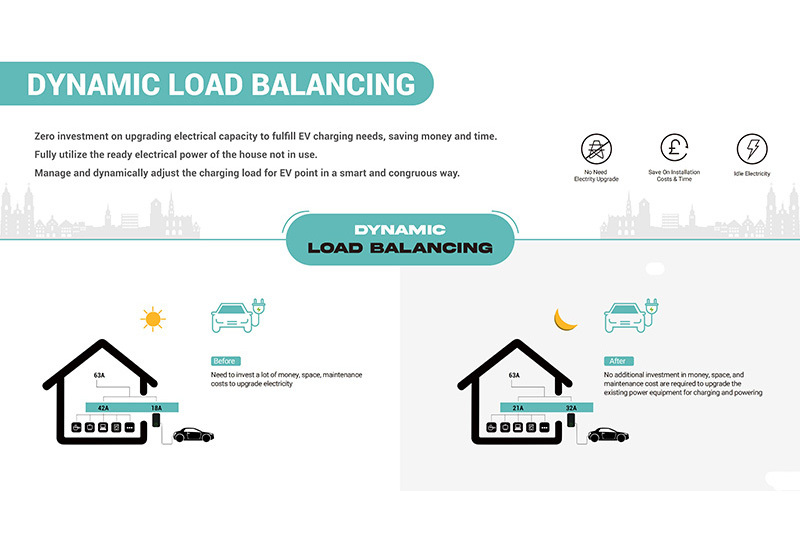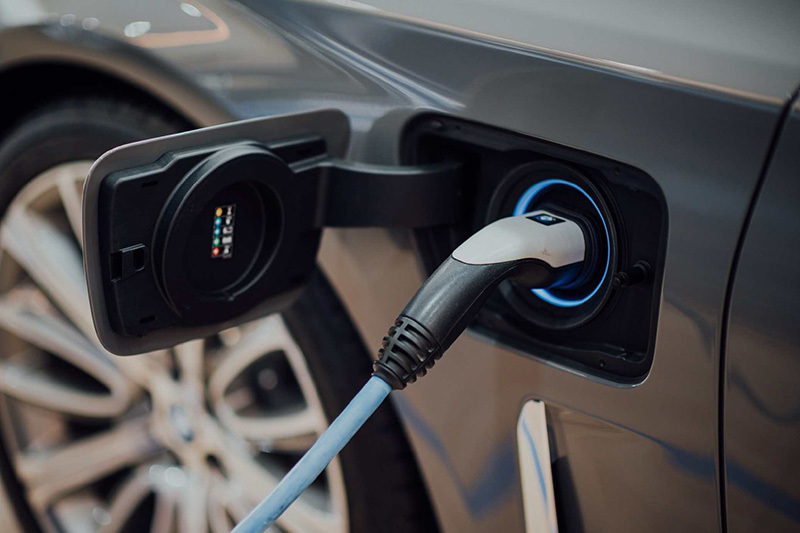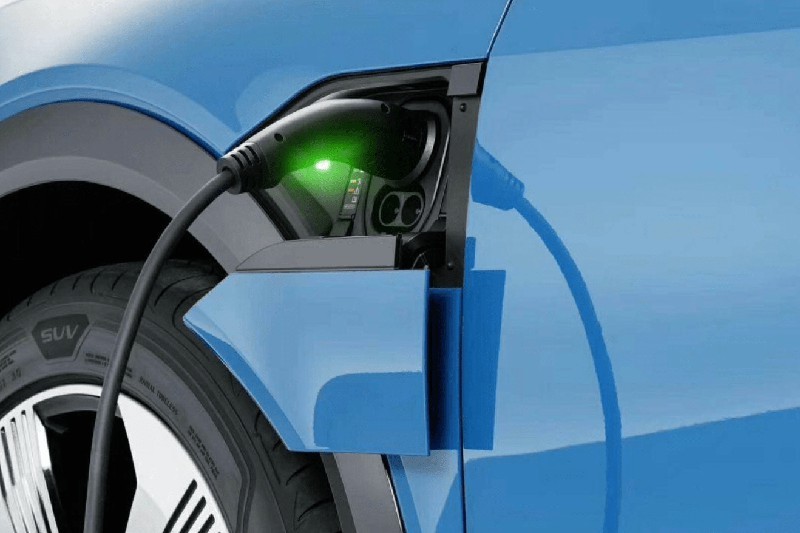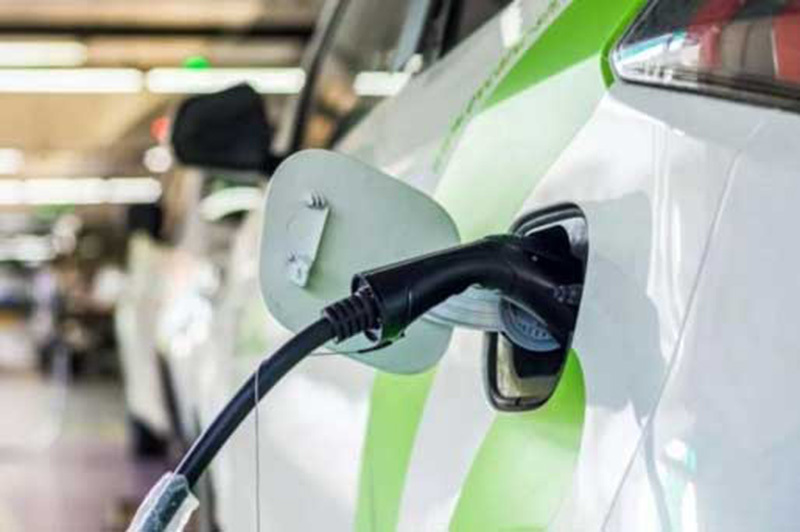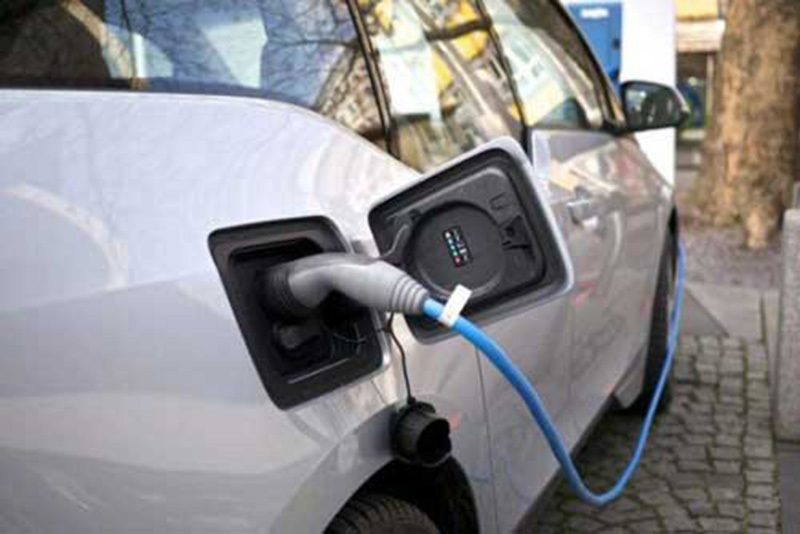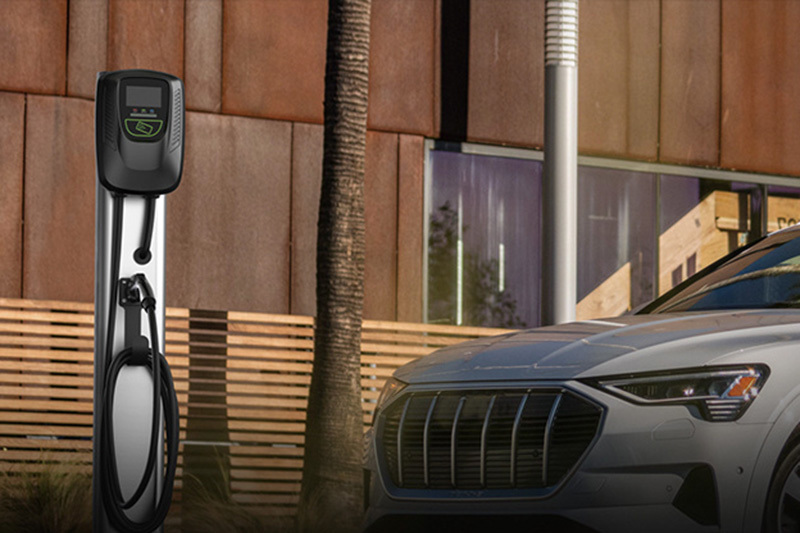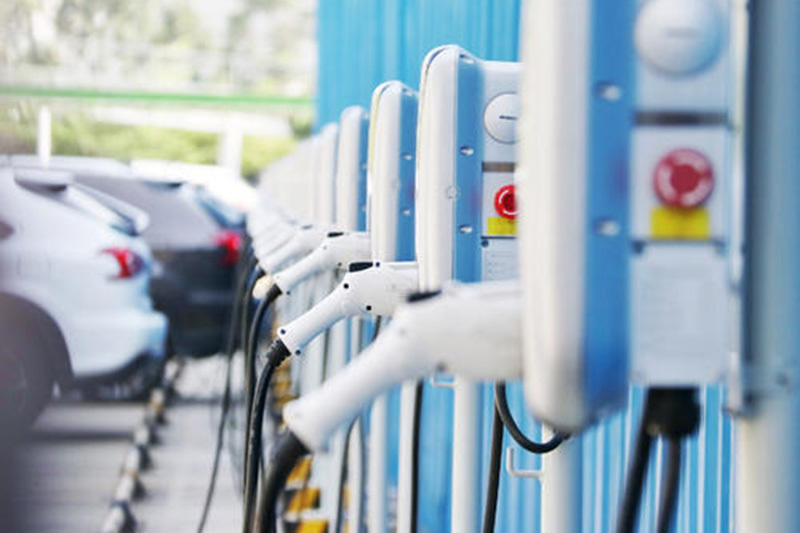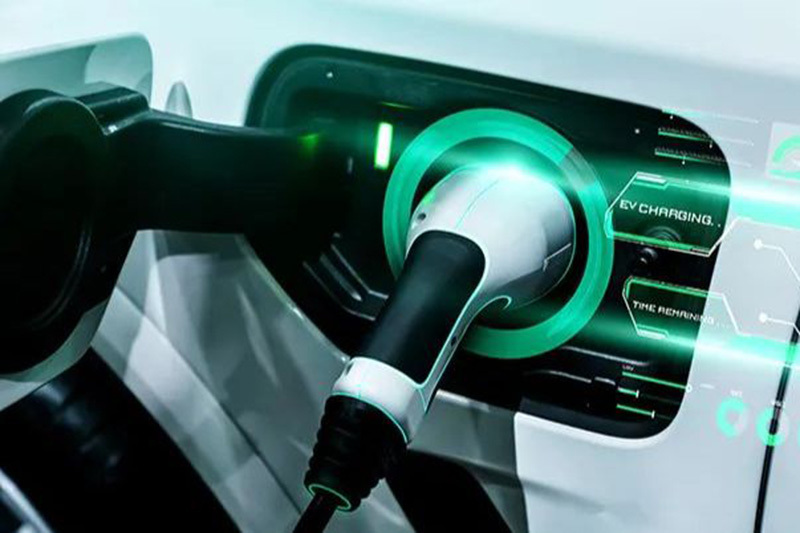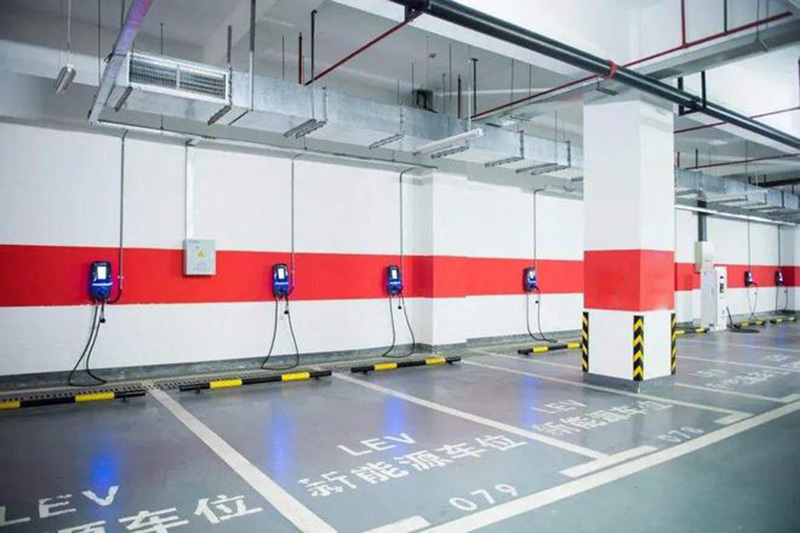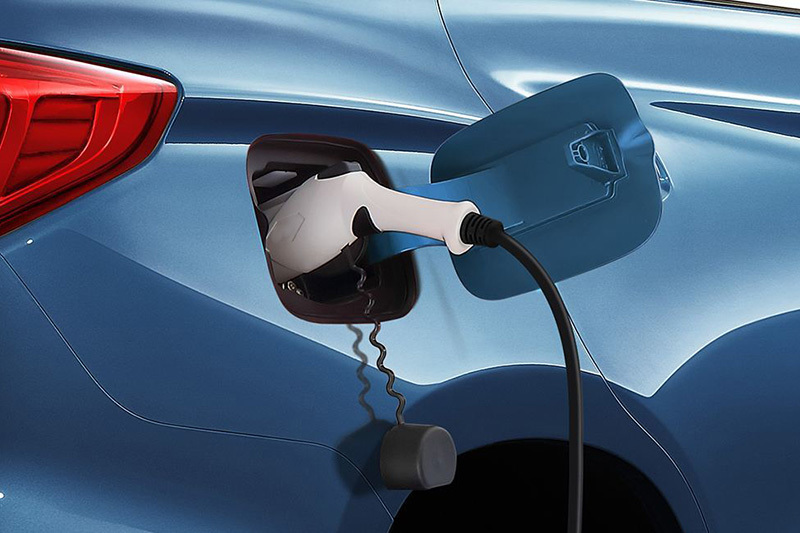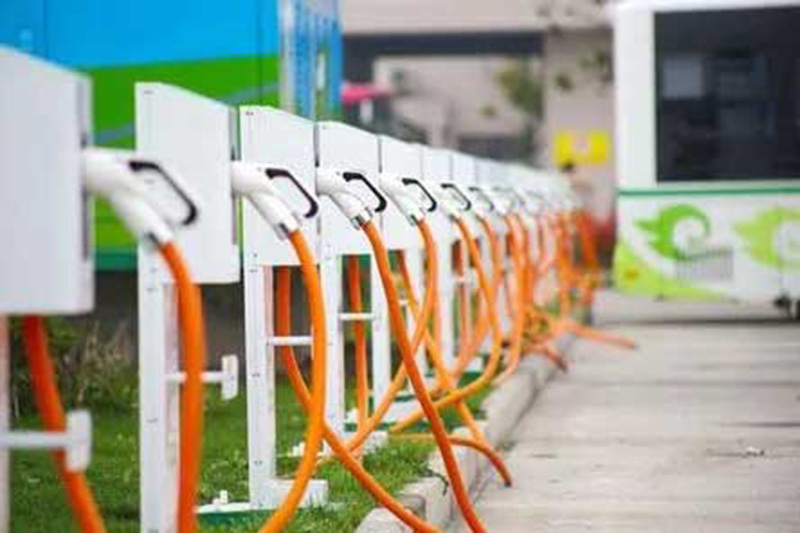2023-03-29
Zero investment on upgrading electrical capacity to fulfifill EV charging needs, saving money and time. Fully utilize the ready electrical power of the house not in use. Manage and dynamically adjust the charging load for EV point in a smart and congruous way
View More2022-12-22
Types and characteristics of charging posts for new energy vehicles
1、 Type of Charge Point 1. By charging mode (1) AC charging pile AC charging pile, commonly known as "slow charging", is a power supply device that is fixedly installed outside the electric vehicle and connected with the AC power grid to provide AC power for the electric vehicle on-board charger.
View More2022-12-22
Does higher power of charging pile mean faster charging?
The power of DC charging is related to our charging speed. Is the higher the DC charging power, the faster the charging speed? Yes, but not completely, because in addition to the output capacity of the charging pile, charging also depends on the acceptance capacity of the battery. It depends on your charging range, from 0 to 100% or 30% - 80% or 5% - 30%, etc.
View More2022-12-22
Common problems existing in public charging posts
1、 The vehicle pile ratio is insufficient, and the infrastructure construction layout is unreasonable. At the initial stage of the construction of charging pile facilities, there will be a phenomenon that the charging pile is built too ahead of schedule or the charging pile is fenced in.
View More2022-12-22
What are the installation conditions of the new energy charging pile
1. Contact the property company to determine the installation policy of charging piles in the community. At present, the general rule for the installation of charging piles is to require parking spaces with their own property rights.
View More2022-12-22
How to distinguish fast charging from slow charging
First of all, the fast charging and slow charging interfaces of electric vehicles correspond to DC and AC interfaces, DC fast charging and AC slow charging. Generally, there are 5 interfaces for fast charging and 7 interfaces for slow charging.
View More2022-12-22
Difference between fast charging and slow charging of charging pile
Fast charging and slow charging are relative concepts. Generally, the fast charging is high-power DC charging, which can charge 80% of the battery capacity in half an hour. Slow charging refers to AC charging, which takes 6-8 hours. Electric vehicle charging speed is closely related to charger power, battery charging characteristics and temperature.
View More2022-12-22
The AC charging pile charges more slowly than the DC charging pile Why not be eliminated
For new energy owners, the impact of charging piles on electric vehicles is as important as that of traditional fuel vehicles. The use experience of charging piles directly affects the car experience.
View More2022-12-22
What factors should be considered when installing charging piles in underground garages?
1、 Considerations 1. Measure the length of the charging area; 2. Other vehicles can enter and exit normally from the measuring position of parking space; 3. Determine the location of the distribution box and the distance between power lines; 4. Confirm whether there is moisture seepage in the underground garage; 5. Determine whether the light is sufficient; 6. Test whether the signal of the underground garage is stable.
View More2022-12-22
Benefits of electric vehicle charging stations
1、 Security The electric vehicle charging station is installed in the community, which solves the potential safety hazard caused by the owner pulling the electric wire privately. In order to reduce accidents caused by electric vehicle charging, it poses a certain threat to the personal safety of other residents in the community.
View More2022-12-21
How long will it take for a new energy vehicle to be fully charged
If slow charging is used, it can be fully charged within 7 to 8 hours; if fast charging is used, it can be fully charged within 2 to 3 hours. New energy vehicles include pure electric vehicles and plug-in hybrid vehicles. Ordinary hybrid vehicles do not belong to new energy vehicles. Plug in hybrid vehicles are very different from ordinary hybrid vehicles.
View More
Contact
By Mail: 7&8-615 Denison St, Markham L3R 1B8, Canada
Office Tel: 905-604-4666
Fax: 905-604-4966




